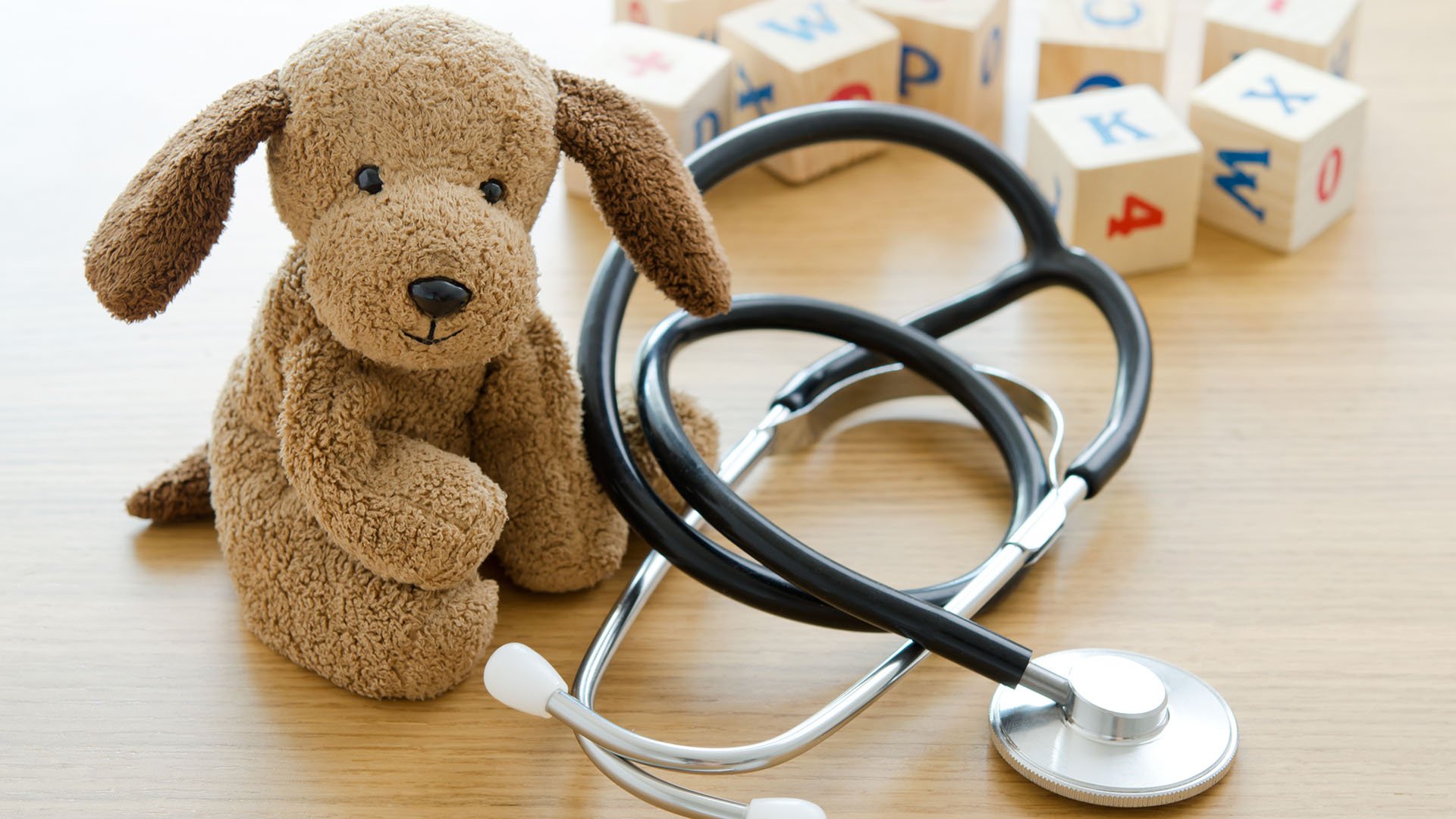

3 Questions Parents Might Not Realize They Should Be Asking Chil…

Q&A with Organizational Pro Peter Walsh + Dermatologist Shares A…

Actor Hank Azaria + Freezer Meals + Artichokes 2 Ways with Rach

See Inside Barbara Corcoran's Stunning NY Apartment + It's Steak…

How to Make Chicken and Lobster Piccata | Richard Blais

Donnie Wahlberg Spills Details About NKOTB's First Ever Conventi…

Donnie Wahlberg + Jenny McCarthy Say Rach Is Such a "Joy" + Look…

The Best Moments From 17 Seasons of the Show Will Make You Laugh…

How to Make Crabby Carbonara | Rachael Ray

Rach Chats "Firsts" In Flashback From Our First Episode Ever In …

How to Make Apple-Cider Braised Pork Chop Sandwiches with Onion …

Rach's Chef Pals Say Goodbye to Show in Surprise Video Message

How to Make Sesame Cookies | Buddy Valastro

How to Make Tortilla with Potatoes, Piquillo Peppers and Mancheg…

How to Make Shrimp Burgers | Jacques Pepin

How to Make Spanakopipasta | Rachael Ray

Andrew McCarthy Chokes Up Discussing Emotional Trip to Spain wit…

Celebrity Guests Send Farewell Messages After 17 Seasons of the …

Celebrity Guests Send Farewell Messages After 17 Seasons of the …

Andrew McCarthy Teases Upcoming "Brat Pack" Reunion Special

Michelle Obama Toasts Rach's 17 Years on the Air With a Heartfel…
Not only should parents be taking their children to the doctor for regular checkups (even when they're not sick!), but family physician Dr. Deborah Gilboa (we call her Dr. G) says they should be asking three important questions when they go.
"I know it doesn't always feel urgent to bring your child to the doctor when they're not sick," Dr. G says, "but these visits are a really important part of how you help your kids stay healthy."
1. How often should I come for a checkup and what are you looking for?
"It's hard to remember to make your doctor's appointment when your child is well, so it's important to know how often you should schedule these. You can ask your doctor for the recommended schedule of doctor's visit in their first three years."
Here is a typical checkup schedule during a child's first three years, according to Dr. G:
- Two days after you come home from the hospital
- One month old
- Two months old
- Four months old
- Six months old
- Nine months old
- 12 months old
- 15 months old
- 1 ½ years old
- 2 years old
- 2 ½ years old
- 3 years old
"For my patients and my own four kids, I recommend using their birthday as a reminder to schedule. One of the most valuable reasons to bring your child to the doctor for all these visits is called developmental screening. Your child's doctor measures development by observing your child throughout the visit, asking them to do certain gross and fine motor skills, like jump, stand on their toes or move a toy from one hand to the other. We learn a lot about your child just by talking to them and interacting over the course of the visit."
2. How is my child's vision?
"Did you know that 80 percent of what kids learn, they take in through their eyes? Most schools try to do vision screenings once a year for elementary students. It's not as complete as the vision testing that happens at the doctor's offices, and it's even more important to get this checked this year. Most schools were not able to do vision screenings last year due to Covid, and more kids have had eye strain this year from looking at screens more in this past 18 months than they ever have before. So be sure to request a vision screening from your doctor when you go for your child's checkup."
3. Can you do a mental health checkup?
"I want parents to think about mental health. When we bring our kid to the doctor, we typically go thinking we're there to get a physical examination, but a good doctor will also check in on your child's mental health. We're trained to ask important questions and to open up conversation about sleep, mood, school, bullying, fear, substance use—all of the things we need to know to strengthen our kids and know when they need us to jump in and help them. Having a doctor include those kinds of questions in a checkup, even at a young age, will get your child used to answering those kinds of questions—and they'll be more likely to open up to doctors and parents as they get older."


